Guests

Dr Alan Stewart
After qualifying as a doctor from Guy’s Hospital Medical School Dr Stewart became a member of the Royal College of Physicians. He has worked in Sussex since the 1980s in a both Primary Care and in the Independent Sector. He has a long-standing interest in nutrition and co-wrote several books on health and nutrition.
For the last ten years he has worked for the NHS Sussex ME/CFS service as part of a multi-disciplinary team assessing patients with unexplained chronic fatigue and more recently long-Covid.

DR CHRIS VAN TULLEKEN
infectious diseases doctor, UCLH
Dr. Chris van Tulleken is an infectious diseases doctor at UCLH with a diploma in Tropical Medicine and a PhD in Molecular Virology from UCL. In 2016 Chris won the Max Perutz award at the Royal Institution for his HIV research.
He is one of the BBC’s leading science presenters having worked on many flagship Health & Science programmes including: Trust Me, I’m a Doctor, Horizon, and The Truth About…, among others. He also co-hosts the hugely successful CBBC series Operation Ouch!
In 2023, Chris published Ultra Processed People, an exposé on the food industry. It became an international bestseller, topping both the UK and US charts.
Buy my book here:
Ultra-Processed People: Why Do We All Eat Stuff That Isn’t Food … and Why Can’t We Stop?
Relevant Article:
The Big Idea: Why We Need a New Definition of Junk Food

Dr Christine Cornforth
Director of Partnerships and Programmes, Faculty of Health and Life Sciences, the University of Liverpool
Dr Christine Cornforth is an expert in the facilitation of clinical research, particularly in the domain of women’s and children’s health. Her career has encompassed impactful roles in various healthcare initiatives, ranging from spearheading COVID-19 research to advancing mental health projects and advocating for health equity among underserved populations.
In her current capacity as the Director of Partnerships and Programmes within the Faculty of Health and Life Sciences at the University of Liverpool, Dr Cornforth leads the delivery of several influential projects, most notably the Wellcome Trust-funded C-GULL (Children Growing Up in Liverpool) initiative. C-GULL is a nationally significant birth cohort that delves into the development and health of children as they live and grow in Liverpool, offering critical insights into child health and development patterns on a scale of national importance. Dr Cornforth’s pivotal role in facilitating this and other related programmes of work underscore her commitment to advancing healthcare research, improving the well-being of future generations, and contributing to the broader national healthcare landscape.
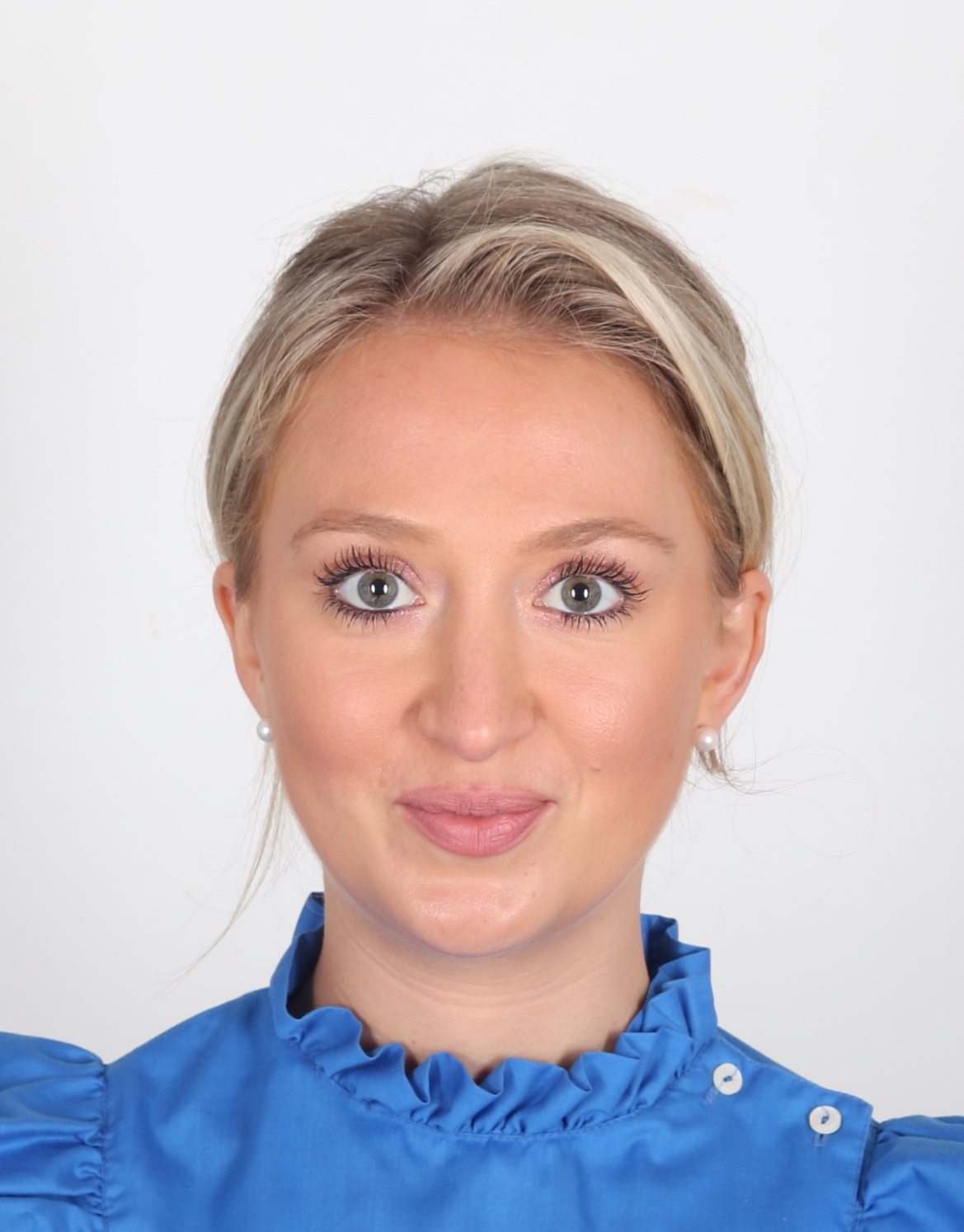
DR DOLLY VAN TULLEKEN
Founder & Director, Dolitics
Dr Dolly van Tulleken founded Dolitics to help drive positive policy change towards a healthier, more sustainable and equitable society.
Alongside her consultancy work, Dolly is a Visiting Researcher at Cambridge University’s MRC Epidemiology Unit where she completed her PhD on UK government obesity policy. Her research examined why 30 years of government obesity policy in England has failed to reduce the obesity prevalence and improve population health, what influences government policymaking and the specific role of policy entrepreneurs. Her research has been published in high impact journals and used by government.
Previously, Dolly led the childhood obesity and grassroots sport research at the Centre for Social Justice think tank, ran an election campaign, and was a parliamentary researcher in the House of Lords.
Dolly co-founded 50:50 Parliament’s cross-party #AskHerToStand campaign which helps women in the UK get selected and elected. She is Vice President of ex-offenders employment charity Tempus Novo and an ambassador of women military veterans charity Salute Her.
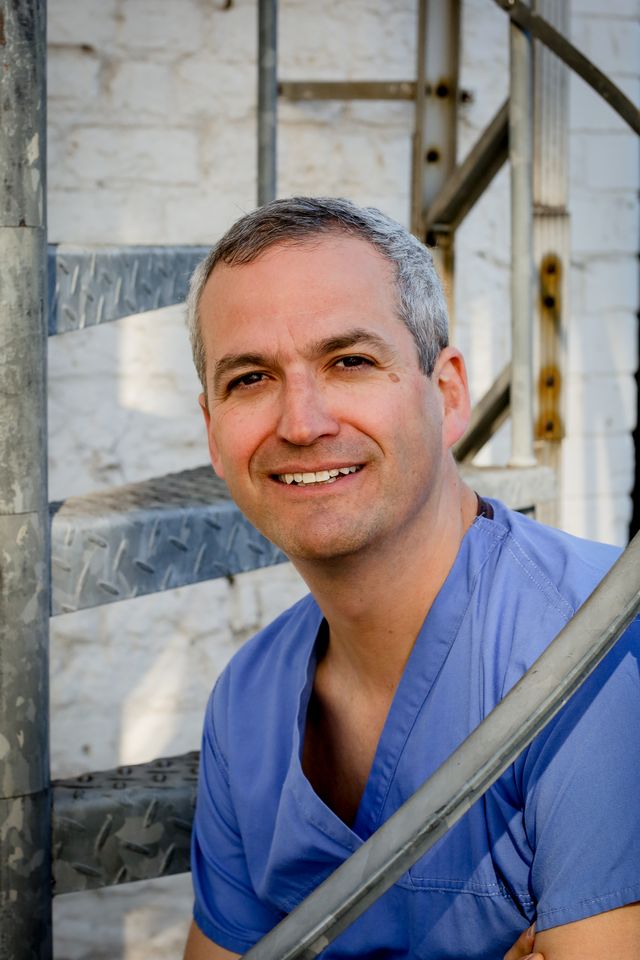
Dr James Kinross
Senior Lecturer, Imperial COllege London
James Kinross is a reader in Colorectal Surgery and a Consultant Surgeon at Imperial College London. His clinical interest is in minimally invasive and robotic surgery for colorectal cancer.
James is currently head of Speciality at Imperial College NHS trust and has had several senior academic leadership roles a Imperial College London, and he is a co-director of an MSc in healthcare design. He is a graduate of the NIHR leadership programme and he was an NIHR Clinical Lecturer in Surgery and an Ethicon Laparoscopic Fellow in Colorectal Surgery. He was awarded a Royal College of Surgeons of England training fellowship during his PhD on the gut microbiome and he was funded by the Academy of Medical Sciences as an early stage lecturer.
James is a visiting Professor at the Royal College of Surgeons of Ireland. He is currently funded by CRUK, DASA, UKRI, Horizon 2020 and the EPSRC. He performs translational research into the microbiome and was a co-investigator on the EU funded GROWTH consortium, studying how breast milk influences the co-evolution of the gut microbiome. His first book, Dark Matter, the new science of the microbiome was published in 2023. He is currently supervising 7 PhD students, and he has published over 200 peer reviewed papers.

Dr Martin Scurr
Dr Martin Scurr was educated at Stonyhurst College and Westminster Medical School. He began his private general practice in central London in 1977. Dr Scurr served as the inaugural Medical Director of St John’s
Hospice at the Hospital of St John & Elizabeth and was subsequently appointed as Physician to Westminster Cathedral.
In 2003, Dr Scurr was appointed Chairman of the Independent Doctors Forum, after which he was recruited to write a weekly column for the Daily Mail. Throughout his long-term practice in Notting Hill, he has remained committed to the benefits of continuity of care and the essential values of cradle-to-grave coverage—principles that have always been central to general practice, even before the inception of the NHS.
Following a brief period of retirement, the pressures of the pandemic on GP care prompted Dr Scurr to return to active practice. While he had continued to offer advisory support to many former patients, returning to
active practice has proven to be the best way for him to continue expressing his sense of duty and dedication to patient care.
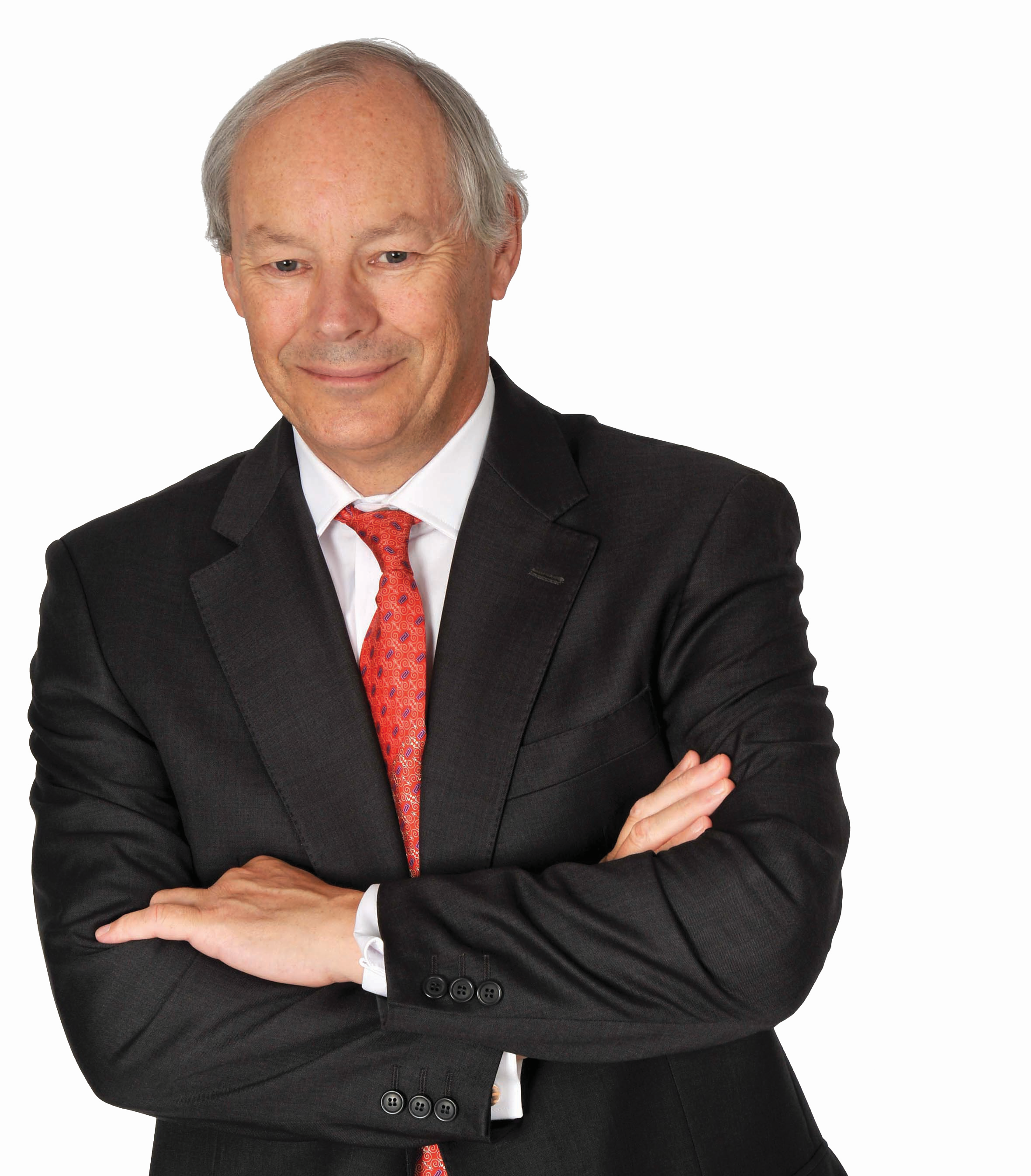
DR PETER FITZGERALD
FOUNDER, RANDOX
Dr FitzGerald founded Randox in 1982 in a converted ‘Hen House’ at the back of his parent’s house in Crumlin, Co. Antrim. Since then, the company has grown to over 3,000 staff worldwide including 800 R&D Scientists & Engineers, with customers in over 145 countries. Randox develop, manufacture and market a wide range of clinical and veterinary diagnostic reagents and systems. Randox supplies 100,000 laboratories globally and is the fourth largest manufacturer of clinical chemistry reagents in the world.
Dr FitzGerald was awarded the Commander of the Order of the British Empire (CBE) in 2011 for services to business in Northern Ireland. He has gained many other accolades in his career to date; named a Fellow of the Royal Academy of Engineering (FREng) and Innovation Founder of the Year 2013 from the Northern Ireland Science Park, to name a few.

MICHAEL CORLEY
DEPUTY CHIEF EXECUTIVE, British Society for Antimicrobial Chemotherapy (BSAC)
Among many other duties, Michael provides the secretariat for the UK’s All-Party Parliamentary Group (APPG) on Antibiotics.
He previously worked as the Director of Public Affairs for Adoption UK, and as the Head of Communications and Campaigns for the Royal Society for the Prevention of Accidents.
Michael is a qualified Senior Newspaper Journalist who has worked for both the Coventry Telegraph and the Gloucestershire Echo, where he was the Politics Editor.
He has a Bachelor of Arts degree in History and Politics, and a Master of Arts degree in Modern Literature (which was awarded with distinction).

Nuailin FitzGerald
director, randox
Nuailin is Director of the Randox Holdings Limited, and plays an active role in the Randox Health subsidiary. She also oversees plans for the development of the Randox Science Park (former Massereene army barracks) and any maintenance carried out on all other Randox sites. The Cherryvalley and Dundarave Estates also fall under Mrs FitzGerald. They are both active shooting estates and home to our award winning Irish Moiled and Shorthorn cattle herds.
Mrs Nuailin FitzGerald is married to Dr Peter FitzGerald, Founder and Managing Director of Randox Laboratories. They have 2 children; Peter (24) and Angharad (23).
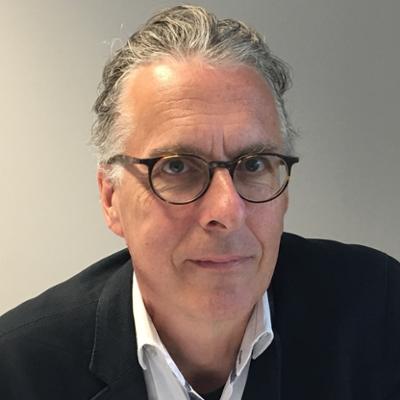
Professor Edward Bullmore
Deputy Head of the School of Clinical Medicine, the University of Cambridge
Ed Bullmore trained in medicine at the University of Oxford and St Bartholomew’s Hospital, London and completed a PhD in brain MRI statistical analysis at the Institute of Psychiatry, Kings College London. He moved to Cambridge as Professor of Psychiatry in 1999 and was Head of the Department of Psychiatry from 2014-2021.
In addition to being Deputy Head of the School of Clinical Medicine in the University of Cambridge, Ed is a Non-Executive Director of Cambridgeshire & Peterborough Foundation NHS Trust. From 2005-2019, he worked half-time for GlaxoSmithKline, as VP Experimental Medicine, focusing on immuno-psychiatry, as described in his best-selling book “The Inflamed Mind” (2018). His scientific work on brain networks and development of mental health disorders has been highly cited.
Ed has been elected as a Fellow of the Royal College of Physicians and the Royal College of Psychiatrists, as a Fellow and Treasurer of the Academy of Medical Sciences, and as an Honorary Fellow of Downing College.

PROFFESOR PEKKA PUSKA
PRESIDENT, THE EUROPEAN SOCIETY OF PREVENTATIVE MEDICINE (ESPM)
The European Society of Preventive Medicine (ESPM) proudly announces the appointment of Prof Pekka Puska as its new President. Puska, a distinguished figure in the field of public health and preventive medicine, brings with him a wealth of expertise and a proven track record of transformative contributions.
With an illustrious career spanning several decades, Professor Puska has been a driving force behind groundbreaking initiatives aimed at improving population health and advancing preventive measures. Notably, his leadership as the director of the North Karelia Project—an innovative public health undertaking—resulted in significant reductions in cardiovascular diseases through community-based interventions. His work has garnered international recognition and has been instrumental in shaping public health policies on a global scale.
Puska held the position of Director of Non-Communicable Disease (NCD) Prevention and Health Promotion at the World Health Organization (WHO) Headquarters between 2001 and 2003. In 2006, he represented Finland as a candidate for the Director-General position of WHO. From 2010 to 2013, he served as the Chancellor of the University of Turku. He has also served as President of World Heart Federation (WHF) and President of the International Association of Public Health Institutes(IANPHI).
As the President of the European Society of Preventive Medicine, Professor Puska will spearhead efforts to further elevate the role of preventive medicine in promoting health and wellbeing across Europe and beyond. His visionary leadership and deep understanding of preventive strategies are poised to guide the ESPM in addressing emerging health challenges, fostering collaborations, and advocating for evidence-based policies.
Professor Puska has M.D and M.Pol.Sc. degrees and PhD in epidemiology and public health. Among several honours are Honorary Doctorate at St. Andrew’s University (Scotland) and Lisbon University, as well as Academician of the Russian Academy of Sciences. He has received, among other things, WHO’s annual Health Education Award (1990), WHO Tobacco Free World Award (1999), the Nordic Award for Public Health (2005), the Rank Prize (2008) and the Ancel Keys Award by ACLM (2019).

SUE MIDDLETON
Executive Coach and Strategic Communications and Public Affairs Adviser
Sue is an Executive Coach and Strategic Communications and Public Affairs Adviser, focussing on the healthcare and pharmaceutical industries. She spent over 30 years working in the industry, mainly with GSK. Here she worked in the UK, Belgium and Australia in roles of increasing seniority across Marketing, Communications and Government Relations. Her most recent role was to be part of the global leadership team for GSK’s vaccines division, accountable for GSK’s communications and Government relations strategy in this space; in previous roles she managed GSK’s relationship with the EU Institutions and the UK Government. During the COVID pandemic, she was President of Vaccines Europe, the Trade Body for the European Vaccines Industry. Sue was awarded an MBE for services to the Pharmaceutical Industry in 2014 and has a degree in Chemistry from the University of Sheffield.
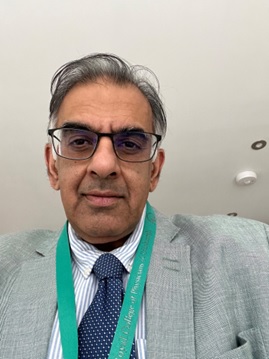
Tariq Iqbal
NHS Consultant Gastroenterologist, Queen Elizabeth Hospital Birmingham
I am an NHS Consultant Gastroenterologist at the Queen Elizabeth Hospital Birmingham, and my clinical practice is mainly in Inflammatory Bowel Disease. I hold the Chair of Clinical Microbiome at the University of Birmingham and am Director of the University of Microbiome Treatment Centre (MTC) which I co-founded with Professor Peter Hawkey in 2016. The MTC holds (since 2016) the only MHRA-approved GMP specials licence for faecal microbiota transplantation (FMT) in the public sector in the UK. We provide an FMT service to treat patients with recurrent and severe Clostridiodes.difficile infection and for use in clinical trials. We treat about 200-300 patients annually throughout the UK. This treatment received NICE approval in 2022.
I am the UK NIHR National Specialty Lead for Gastroenterology and FMT lead (and ex chair) of the (joint British Society of Gastroenterology/Hospital Infection Society) UK Expert Panel for Microbiome Health. I was Chief Investigator of the first NIHR UK trial of FMT in IBD (Stop-Colitis) and co-investigator of the forthcoming LIFEARC funded trial of FMT in IBD/liver disease. I co-lead a GI theme (oral-intestinal microbiome) in the recent (2023) University of Birmingham NIHR BRC renewal investigating the oral-gut microbiome profile of newly identified patients with IBD with the aims of developing novel diagnostic/prognostic biomarkers and contributing to the efforts to develop rational new biotherapeutics.
I am involved in international consensus groups in the FMT space and have advised the Romanian government, Australian Lifeblood Organisation and University of Barcelona regarding setting up FMT treatment centres.

